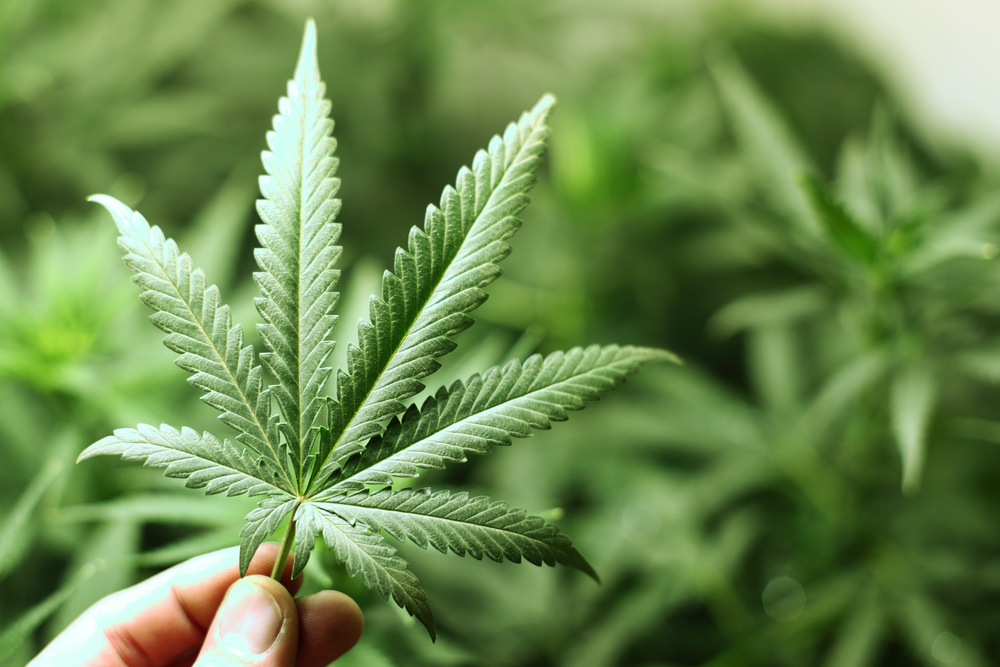Medical cannabis has been rumored to be a remedy that can help people with several medical conditions. The medical community cannot definitively state that medical cannabis is a medical treatment that works, but many people wish to try it anyway. If you are experiencing a particularly uncomfortable condition, you may find that medical cannabis is the answer you need. We will find out below about this and also how to obtain a medical cannabis card:
What Is Medical Cannabis?
Marijuana is “medical cannabis” if it is used to alleviate symptoms of a medical condition. The user is not ingesting this substance to obtain “a high.”
The Drug Enforcement Administration or DEA classifies cannabis as a Schedule I substance. This means that cannabis has a high potential for abuse and is not currently accepted as a remedy for any medical condition. In some states, healthcare providers may declare that their patients have medical conditions that medical cannabis may relieve. Then, they are free to prescribe medical marijuana.
What Conditions Can Medical Cannabis Help With?
There is research available that suggests that medical cannabis can provide relief to people with several medical conditions, including the following:
• Severe nausea and/or vomiting due to treatments for cancer
• Chronic pain
• Post-traumatic stress disorder, depression and anxiety
• Multiple sclerosis and muscle spasms
• Glaucoma
• Epilepsy and seizures
• Crohn’s disease
• HIV/AIDS
• Amyotrophic lateral sclerosis or ALS
• Alzheimer’s disease
• Chronic traumatic encephalopathy or CLE
• Hepatitis C
• Huntington’s disease
• Irritable bowel syndrome and inflammatory bowel disease
• Ulcerative colitis
• Traumatic brain injury
• Tourette syndrome
• Spinal cord injury
• Spasticity
• Sickle cell anemia
• Terminal illness
• Insomnia
• Cachexia
How to Get a Medical Marijuana Card for These Conditions
Nearly every state in the union allows healthcare professionals to prescribe medical cannabis. Although this is the case, the federal government prohibits the possession of marijuana, along with its manufacture and distribution. States are allowed to create their own marijuana laws, so the federal government mainly focuses on criminal networks.
To obtain medical cannabis, most states require you to get a medical marijuana card. To qualify, most states require that you receive a doctor’s prescription that lists the medical condition that you want to treat. You must also be included on a registry, and you must have a photo ID.
You may be required to pay a fee for a medical cannabis card. Some states offer them for free, including New Mexico and Massachusetts. However, Utah charges $15, and Oregon charges $200. If you are a resident of several states, you will be able to obtain a medical marijuana card for a reduced fee if you earn a low income or are a veteran.
In Florida, you must meet the following requirements to obtain a medical marijuana card:
• You must obtain a medical marijuana use registry identification card.
• You must be entered into the medical marijuana use registry.
• You must have been diagnosed with a qualifying medical condition by a qualified healthcare provider.
• You must be a permanent resident or a seasonal resident of Florida.
• You must be at least 18 years of age.
The medical community recommends that you obtain a medical marijuana card from your healthcare provider rather than a marijuana dispensary.



